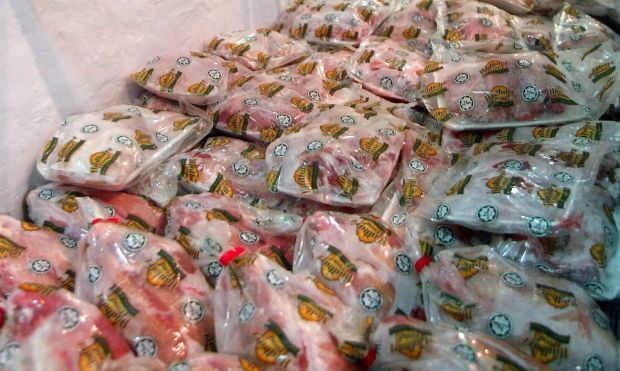
PETALING JAYA: Australia has banned individuals from importing meat from 70 countries due to food and mouth disease (FMD) concerns.
The country’s Agriculture Minister Senator Murray Watt said the risk of the livestock disease spreading had become too great.
“In Australia, there are particular communities that consume highly processed sausages or other forms of meat, pork floss and its one of the higher ways the disease comes and we can’t take the risks any longer,” Australia’s ABC Rural News quoted him as saying.
With the ban in place, people can no longer bring meat products into the country in their luggage or by post.
This was possible in the past as long as biosecurity conditions were met.
He said farmers and authorities fear FMD could spread if meat products containing the disease are fed to animals, which would be the most likely way it would happen.
The decision to ban individual meat imports follows increased biosecurity measures being announced in response to FMD being detected in Indonesia in May.
“When the FMD outbreak reached Indonesia, the Agriculture Department toughened import certifications on a number of products and people were not able to import them and conditions were applied in other cases.
“As such people are still able to commercially import these products but will have to pass all those rigorous tests and have the certificates,” added Watt.
He said the government was considering increasing fines for anyone found to be illegally bringing meat into the country.
“If someone doesn’t declare this kind of a product and is caught they can currently be fined up to $2,600 (RM7,880),” Senator Watt said.
Australia is free from FMD, but an outbreak would cripple farm exports, at an estimated cost of AUS$80bil (RM242bil).

